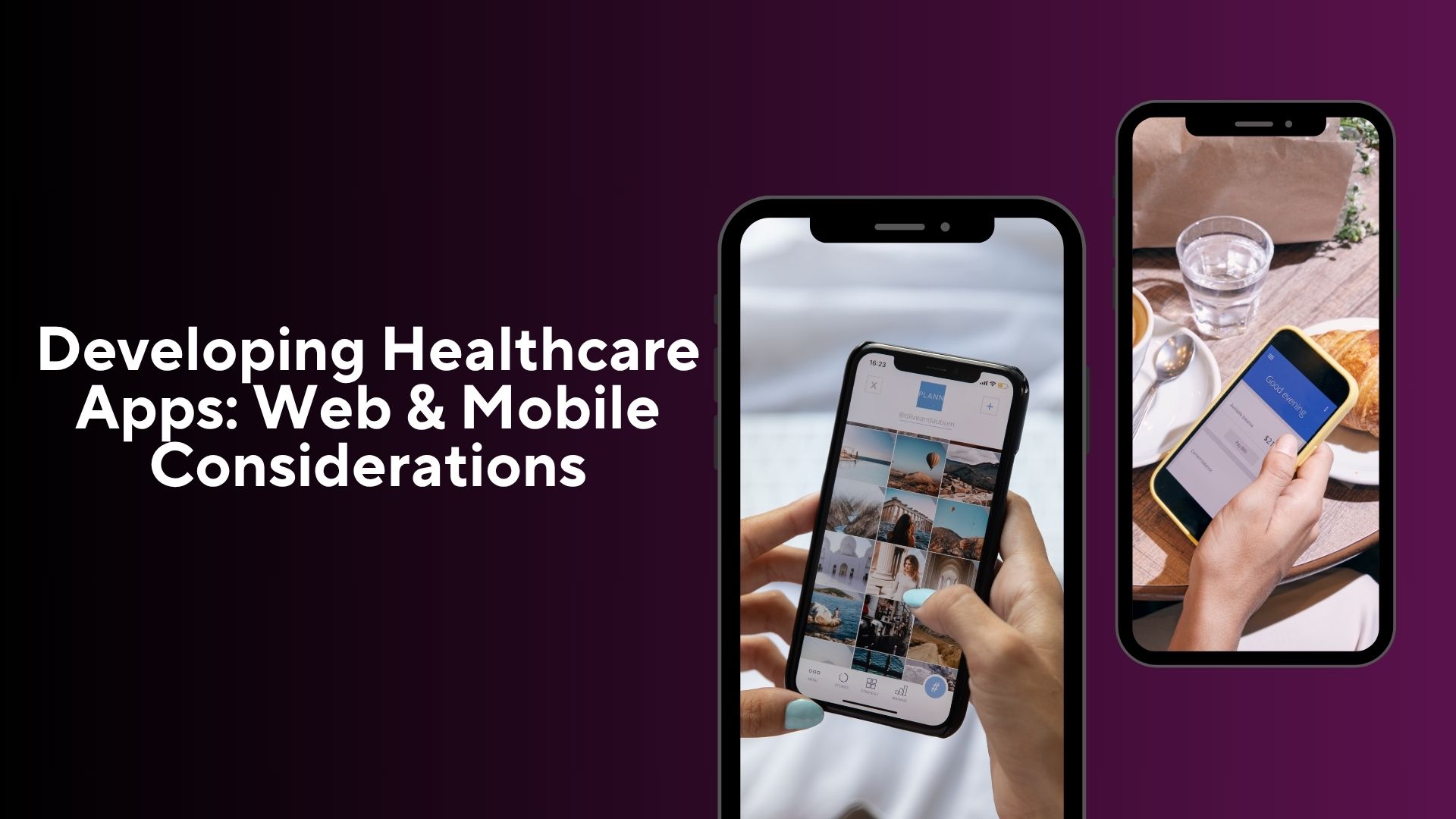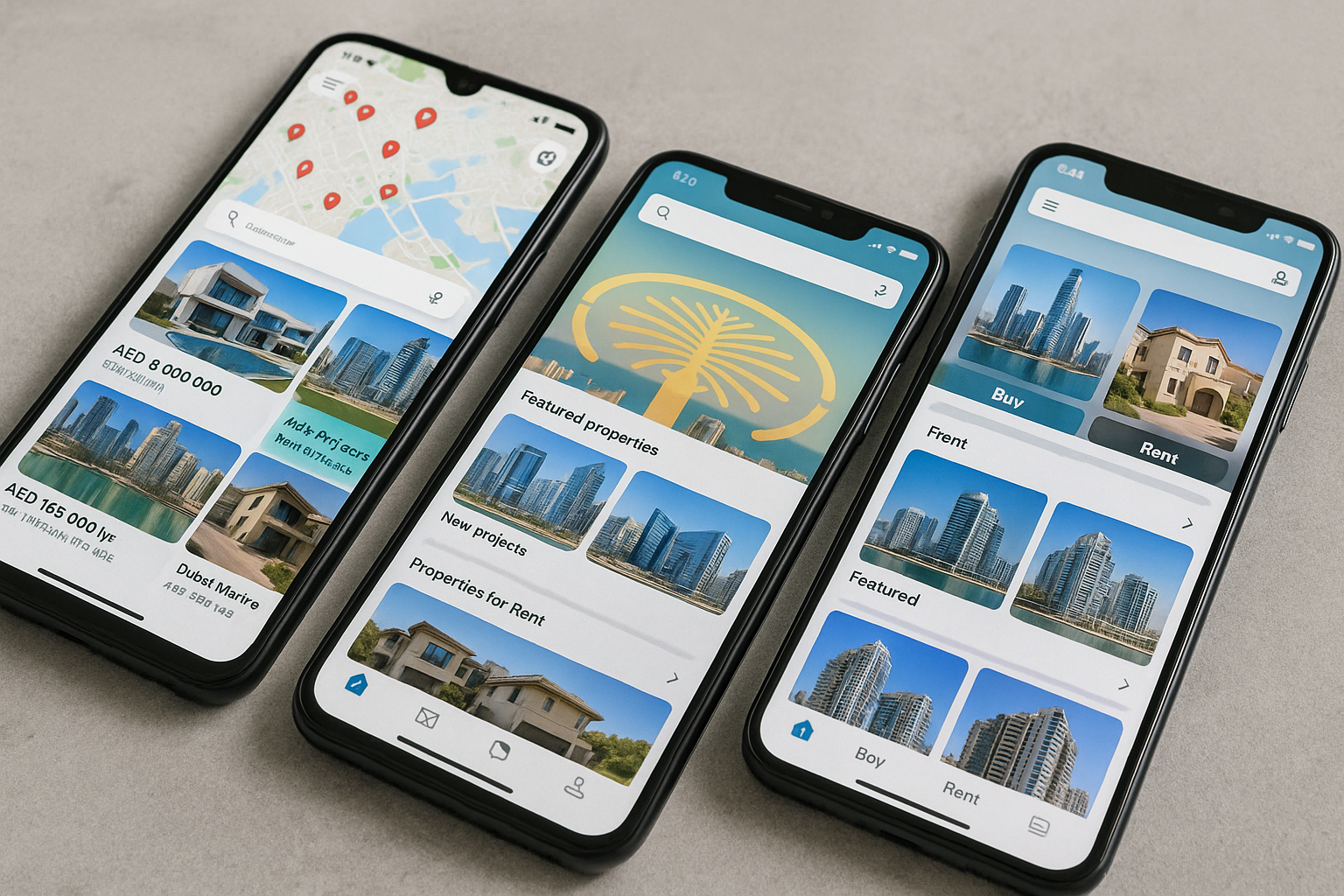Developing Healthcare Apps: Web & Mobile Considerations

In today’s fast-evolving digital ecosystem, healthcare has emerged as one of the most impactful sectors to benefit from technological innovation. With the global health crisis accelerating digital adoption, healthcare apps—both web and mobile—have become indispensable tools for doctors, patients, and healthcare providers. However, developing a robust healthcare app comes with unique challenges and vital considerations that differ significantly from traditional app development. This article explores the critical web and mobile considerations developers must address to build effective, secure, and user-friendly healthcare applications.
Understanding the Healthcare App Ecosystem
Before jumping into development, it is essential to understand the different types of healthcare applications. These can be broadly categorized as:
- Patient-focused apps: Appointment scheduling, telemedicine, medication reminders, symptom checkers, fitness trackers.
- Provider-focused apps: Electronic Health Record (EHR) systems, diagnostic tools, clinical communication, remote monitoring.
- Administrative apps: Hospital management, billing, staff coordination, insurance verification.
Each of these serves a distinct audience and purpose, requiring tailored development strategies.
Web vs. Mobile: Which to Prioritize?
When deciding between web and mobile platforms—or integrating both—developers must consider the target users’ needs and the app’s core functionalities.
Mobile Apps
Pros:
- Accessibility on the go.
- Integration with phone features like camera, GPS, and biometric sensors.
- Push notifications for real-time engagement.
- Offline access (to some extent).
Cons:
- Device and OS compatibility challenges.
- Frequent update cycles needed.
- App store compliance.
Web Apps
Pros:
- Platform-independent.
- Easier to update and maintain.
- Better suited for detailed dashboards and data-heavy interfaces.
Cons:
- Limited offline capabilities.
- Lower accessibility on mobile devices without optimization.
Recommendation: A hybrid model is often ideal. For example, patients can use mobile apps for appointments and prescriptions, while doctors might prefer web-based dashboards for analytics and patient records.
Key Considerations for Web & Mobile Healthcare Apps
Compliance and Data Security
Healthcare apps handle sensitive data, so ensuring compliance with global health data protection laws is paramount:
- HIPAA (USA)
- GDPR (Europe)
- HL7/FHIR (Interoperability Standards)
Best practices:
- Data encryption (in transit and at rest).
- Secure user authentication (biometrics, 2FA).
- Regular security audits.
- Secure cloud infrastructure (e.g., AWS HIPAA-compliant services).
User Experience and Accessibility
Healthcare apps are used by people of all ages and abilities. Therefore, intuitive design and accessibility are crucial.
Considerations:
- Simple navigation with large buttons and readable fonts.
- Compatibility with screen readers.
- Multi-language support.
- Customizable interfaces (e.g., light/dark modes, font sizes).
Integration with Existing Systems
Healthcare is a highly interconnected domain. Your app should integrate with:
- Hospital Information Systems (HIS).
- EHR/EMR platforms.
- Wearable devices and IoT health monitors.
- Insurance databases.
APIs and standardized protocols like FHIR and HL7 should be utilized to ensure seamless data exchange.
Real-Time Communication and Notifications
Real-time features like chat, video consultations, and alerts are critical, especially in telehealth.
Implementation tips:
- Use WebRTC for secure video calls.
- Employ Firebase or Twilio for push notifications.
- Implement message archiving and secure data logging for compliance.
Offline Functionality
Unstable connectivity is still common in many regions. Your app should function offline wherever possible, especially for:
- Data input and storage.
- Prescription reminders.
- Viewing downloaded medical records.
Once reconnected, data should sync securely.
Technology Stack Recommendations
For Mobile Apps:
- Frontend: Flutter, React Native, Swift (iOS), Kotlin (Android)
- Backend: Node.js, Python (Django/Flask), Firebase
- Database: PostgreSQL, MongoDB, Realm
- APIs & Integration: FHIR, HL7, Twilio, Google Fit, Apple HealthKit
For Web Apps:
- Frontend: React.js, Angular, Vue.js
- Backend: Express.js, Ruby on Rails, ASP.NET
- Security: OAuth2.0, JWT, SSL/TLS
Testing and QA in Healthcare App Development
Given the high stakes of healthcare apps, quality assurance cannot be an afterthought.
Testing strategies should include:
- Functional testing (ensuring all features work as intended).
- Usability testing (especially with elderly and disabled users).
- Security testing (penetration testing, vulnerability scanning).
- Performance testing (scalability, speed under load).
- Compliance verification.
Deployment and Maintenance
Deployment:
- Web: Cloud hosting with auto-scaling (AWS, GCP, Azure).
- Mobile: Follow app store guidelines, including data privacy disclosures.
Post-launch:
- Monitor for bugs and feedback.
- Roll out updates regularly.
- Continue compliance checks and data backups.
Emerging Trends in Healthcare App Development
- AI & Machine Learning: For diagnostics, predictive analytics, and personalized care.
- Blockchain: Secure and decentralized health records.
- Voice Assistants: For hands-free navigation and support.
- AR/VR: For medical training and therapy.
Conclusion
Developing healthcare applications—whether web-based or mobile—is a mission-critical endeavor that demands a deep understanding of technology, regulatory requirements, and human-centered design. As healthcare continues to evolve in a digital-first world, developers have a unique opportunity to shape experiences that not only simplify processes but also improve lives.
Whether you’re building for patients, clinicians, or administrators, careful attention to security, compliance, usability, and interoperability will determine your app’s success. The future of healthcare is digital—and developers are at the heart of this transformation.








